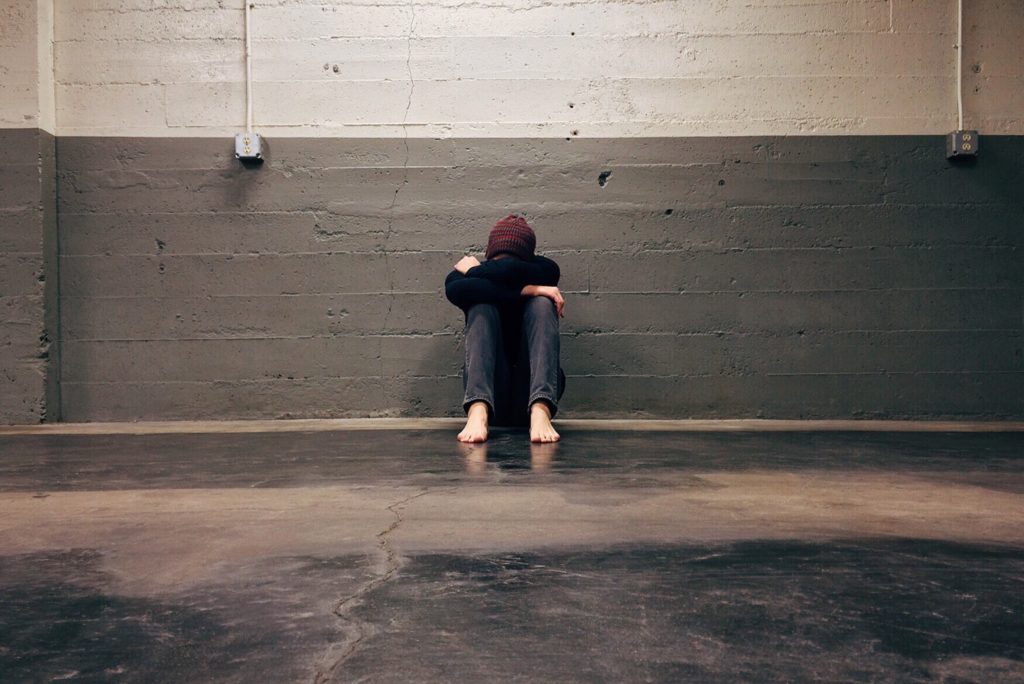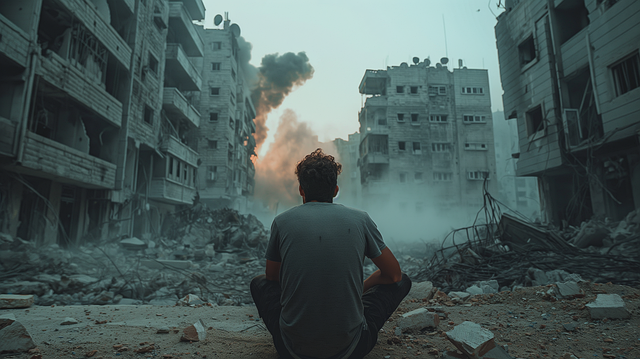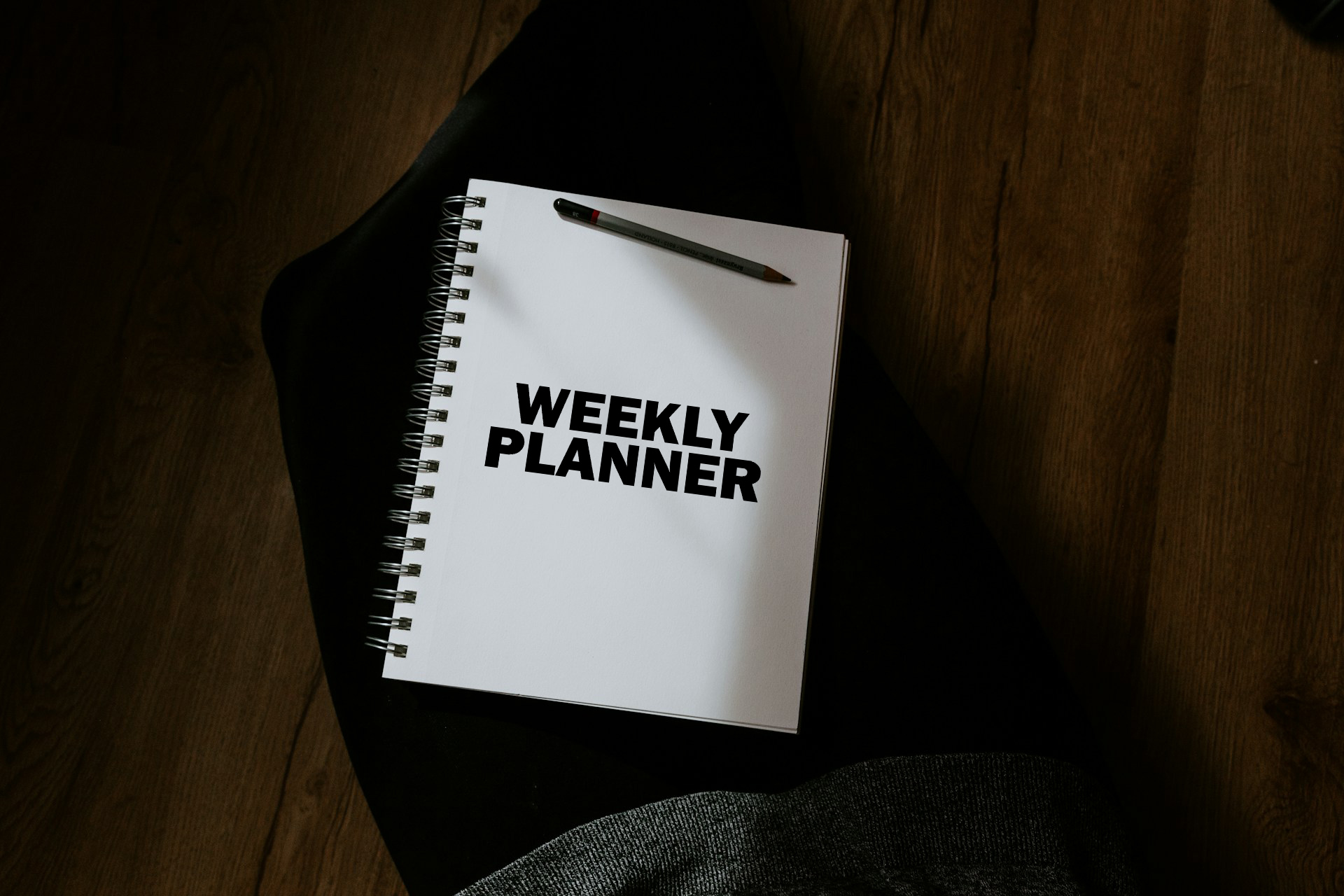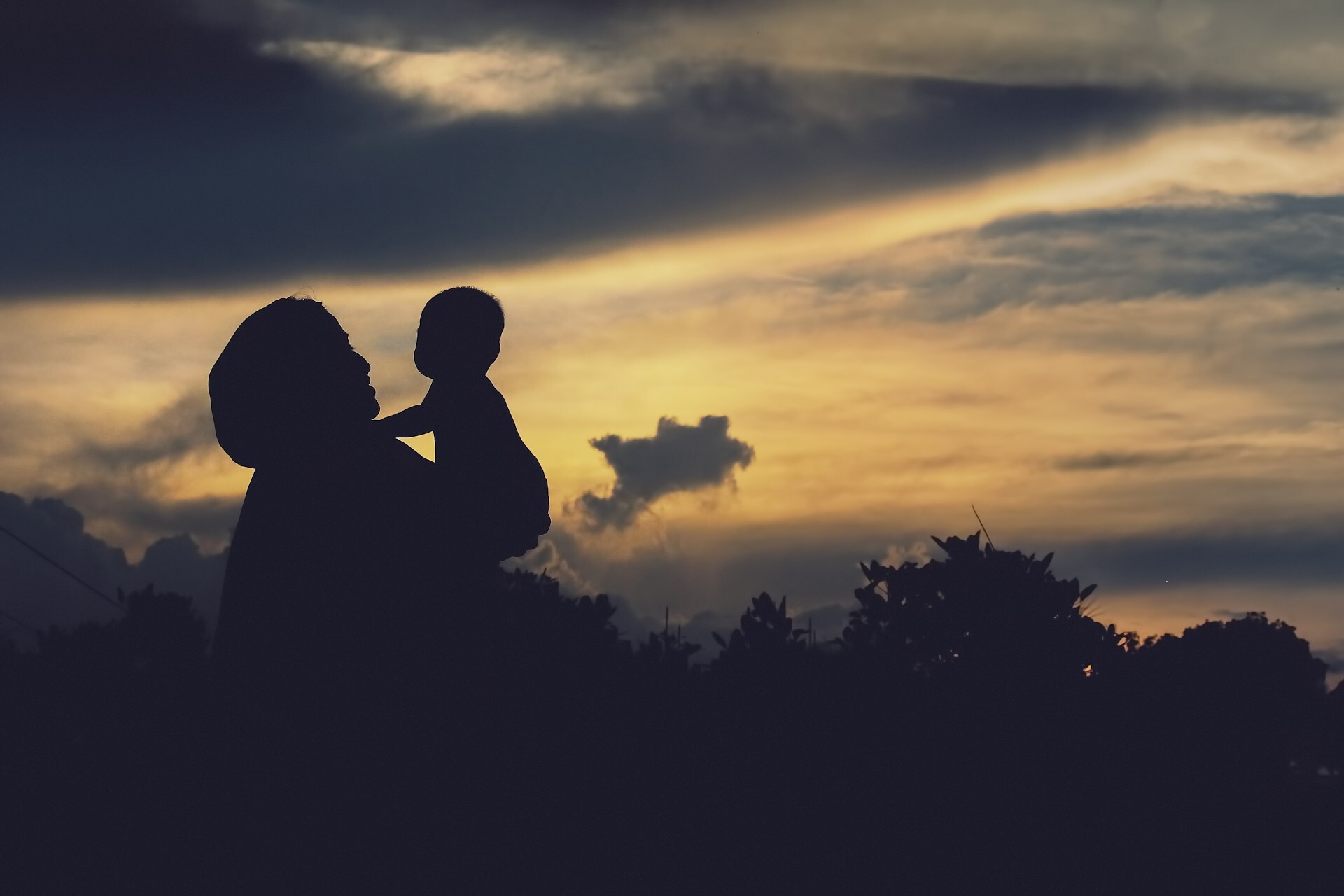SAMAR HAFEEZ, BENGALURU
There are many challenges faced by our mental health; among them, anxiety is one of the most debilitating ones. It has plagued millions around the world from time immemorial and still continues to plague millions even today. Especially during these uncertain times, our anxiety seems to be spiralling out of our control. It can have a profound negative impact on those who experience it and also on those who are in close proximity like parents, spouse, in-laws, friends, colleagues, and children.
Anxiety and fear are a part of life; you may feel anxious before taking a test or walking through a dark street or waiting for any kind of results or appraisals. This kind of anxiety is useful and can make you more alert, productive and careful. However, it usually ends soon after you are out of the situation; this is often termed as ‘normal anxiety’. For many people, the anxiety stays and gets worse over time and sometimes becomes so severe that it interferes with one’s daily functioning.
The word anxiety is usually defined as a vague, diffuse and very unpleasant feeling of apprehension about an unknown future threat. Fear differs from anxiety because people who have fears can easily state what they are afraid of, unlike people who feel anxious; they are not clearly aware of the reason behind their fears.
Signs and symptoms of anxiety
People are usually aware of the mental side effects of anxiety; however, anxiety can also affect other aspects of human health. Here are some of the symptoms and side effects of anxiety.
Physical symptoms: Muscle tension, muscle twitching, rapid heartbeat, increased sweating, gastrointestinal problems like diarrhoea, indigestion, hyperacidity, nausea, constipation (chronic anxiety can also aid in developing irritable bowel syndrome), lethargy, trembling, cold chills, hot flashes, frequent urination, sudden weight loss, headaches are all physical symptoms of anxiety.
Emotional symptoms: Feeling tense, irritability, anger outbursts, restlessness, nervousness and feelings of loneliness are among the emotional symptoms of anxiety.
Cognitive symptoms: Poor concentration, negative thoughts, poor communication, attention and memory skills, poor judgement, etc. come under cognitive symptoms.
Behavioural symptoms: Anxiety may also cause preoccupation with certain behaviours like pacing, nail biting, hair picking, washing hands over and over again in a time gap of one hour, avoidance of situations that trigger particular anxiety, eating too much or too little, drug abuse, difficulty in task completion.
Anxiety is triggered due to a combination of factors, which include weak to mild genetic linkage, environment and brain chemistry. Anxiety is also a learned behaviour. One of the biggest contributing factors to a child developing anxiety is through watching their parents suffering from it. It has been seen that children learn through observations and imitations. Also, overly inhibited children, with restricted exploration, low curiosity are at an elevated risk. Therefore they could become anxious as a child and might take such anxious thoughts and behaviours into their adolescence and adulthood.
Some of the major social reasons that contribute to anxiety could be social comparisons, demands of the world, peer pressures, bullying, and the perfectionist mindset with associated emotional pressures. Furthermore, people facing racial and religious discrimination or bias tend to develop anxiety due to their negative social experiences.
Most commonly, the age of onset is in childhood and will persist if there is no early intervention. But new research suggests anxiety can develop in any age group, especially around age 30, depending upon major life changes and health conditions. It occurs more frequently in women than in men.
The pressing burden of anxiety is also felt across India, especially in the literate urbanized states.[1] Anxiety is no better than COVID 19; it is as contagious as the virus itself.
How to cope with anxiety?
People with mild to moderate anxiety problems can reap great benefits from the measures stated below.
Anxious thought awareness (ATA): Get a better understanding of your irrational thoughts that seem to justify your anxiety. You may even maintain a diary naming it ‘anxious thought awareness (ATA)’ diary. On a daily basis, jot down all your exaggerated thoughts that lead to an emotional or behavioural outburst which are impairing your daily functioning.
Rationalize and not ‘awfulize’: Accept the ‘what-if’ thinking as a projection that connects horrifying thoughts and images to unmanageable anxiety. Think that a ‘what- if’ disaster does not validate or guarantee a disaster. ‘Awfulizing’ things, real or imagined, makes it much more difficult to deal with.
Use positive language: Always talk to yourself in a confident and self-assuring way. Also, use positive expressions and words, this helps build an adaptable and uninhabited outlook on life. I personally feel that it is a powerful preventive measure and should be used on a daily basis.
Melt anxiety with mindfulness meditation: Most of our worries are from the bygone era or the invisible future. Mindfulness can help you recognize what your thoughts are in the ongoing moment, allowing them to pass without reaction or judgement. Focusing on your breath and physical sensations and by asking certain mindfulness questions such as ‘why am I getting anxious?’ or ‘why am I having a physical reaction?’ will help. Mindfulness also helps build frustration tolerance.
Recitation of the Holy Quran: The cognitive and affective (related to emotions) reassurance you get after reading the Quran is extremely beneficial. Any person suffering from anxiety would feel relieved when given constant reassurance. So reading the Quran with translation and interpretation on a daily basis is equally important.
Relax your body; relax your mind: Practicing diaphragmatic breathing can help calm down your sympathetic nervous system. Belly breathing or breathing using your abdominal muscles sends calming signals to the brain and promotes a feeling of relaxation which improves attention and awareness.
Low to moderate intensity exercises or Salat: Regular exercise provides an outlet for frustration and helps the body release mood-enhancing hormones. In addition to the great spiritual benefits, the five obligatory prayers (Salat) are also a good form of moderate exercise which can be very beneficial.
Progressive muscle relaxation: A major symptom of anxiety is muscle tension. This technique particularly focuses on progressively contracting and relaxing muscle groups to make your body feel calmer. (Note: Practice this technique under a therapist’s supervision for greater results)
Balanced diet: Include lots of green vegetables, fresh fruits, whole grains and avoid junk or processed foods. Try adding food rich in omega-3 fatty acids like fatty fish, almonds, walnuts and flaxseeds in the diet. Also include magnesium rich foods like spinach, asparagus, bananas, warm milk, cherries, mushrooms and pumpkin seeds which can help manage anxiety symptoms.
The gut-brain relation: You must certainly have noticed how your stomach reacts when you are angry or anxious. This is because your gut and brain are closely linked. Hence, foods rich in probiotics (good gut bacteria that keep immunity strong) like yogurt with added live cultures, curd, kefir, fermented foods and buttermilk can help reduce anxiety symptoms. However, you need prebiotics as well, which are found in raw vegetables, garlic, onion and fresh fruits.
Check for Vitamin deficiencies: Low levels of Vitamin D and B complex have been linked to restlessness and other anxiety symptoms.
Avoid excessive intake of caffeine and nicotine: These are stimulants and tend to interfere with sleep and worsen physical symptoms of anxiety.
Help others; help yourself: Offering help to others will take your mind off your own anxieties. Lend a helping hand to a neighbour, friend or volunteer in community services especially during these times.
Coping with anxiety can be a challenge, especially when we are living in anxiety-inducing times. Anxiety can drain your mental and physical vibrancy. The techniques shared should be followed daily to achieve results, as no remedy is fast and magical. When you practice regularly, these can improve your self-efficacy and help you find your resilient self. Anyhow, if you feel your anxiety is paralyzing you, it is always advisable to consult a clinical psychologist, counsellor or a psychiatrist.
However, we should always remember that there is no better way to fight any negative mental state than turning to our Creator and developing a living bond with Him.
The author is a clinical psychologist and a certified holistic health coach.
References:
[1] According to WHO and National mental health survey of India 2015-16












1 Comment
Tahir Nasser · October 9, 2020 at 10:17 pm
An interesting article, however it is lacking. Prayer – which is the major means of dispelling anxiety – by laying ones worries before Allah, having complete Trust in His power, was not mentioned.